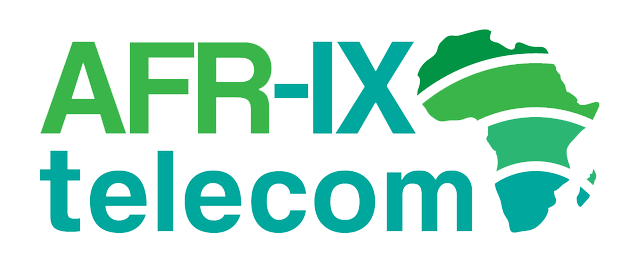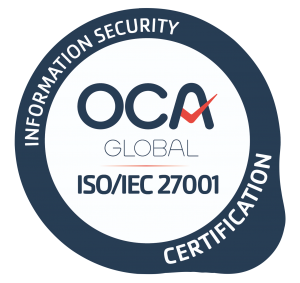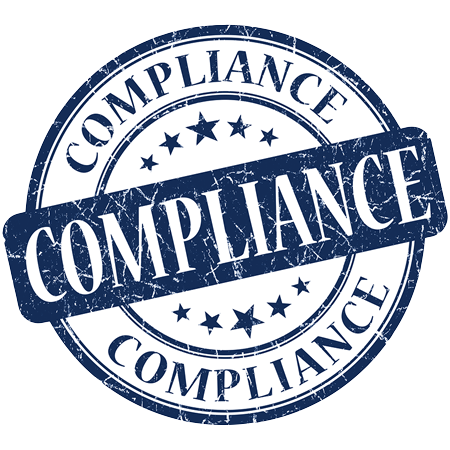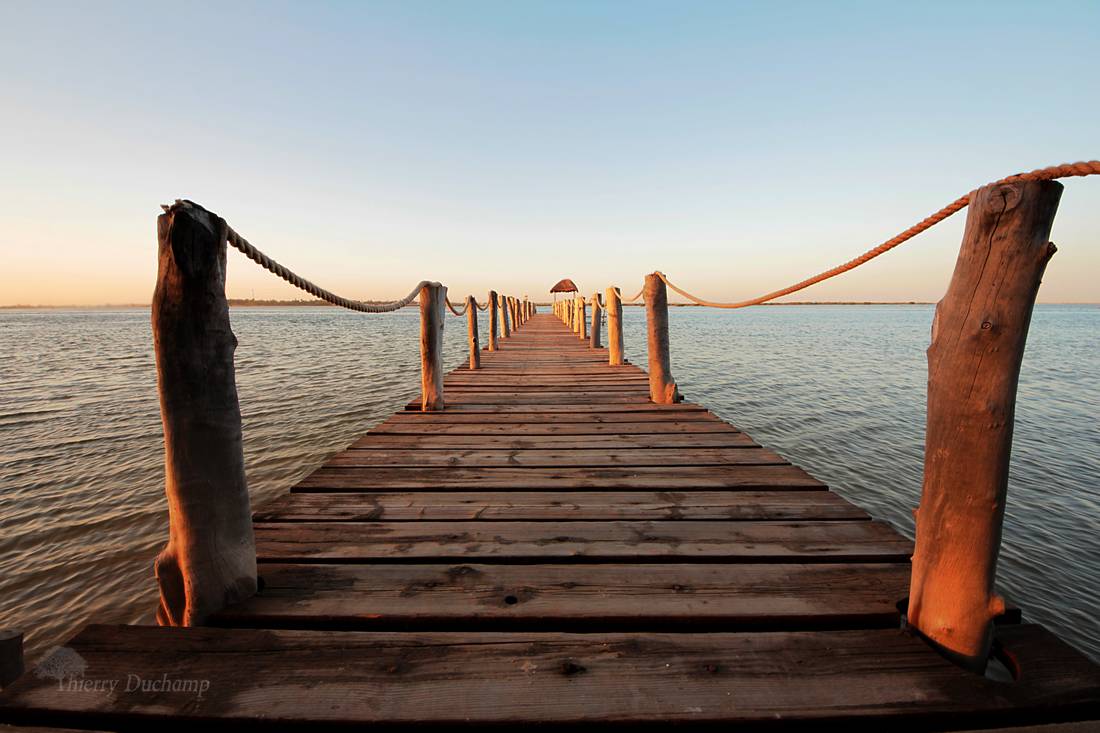
Africa and Internet: bridging the digital divide
The General Assembly of the United Nations adopted an ambitious 2030 Agenda that includes, among other Sustainable Development Goals, eradicating extreme poverty, ensuring quality education and reducing social inequalities. Universal access to the Internet plays a very significant role in achieving these goals, since there are 3.6 billion people who, according to the UN, still do not have an Internet connection and cannot access online information or opt for online education, telehealth services or teleworking. Digital divide in Africa is one of the main focus.
In the context of the covid-19 pandemic, the need to implement measures to bridge the digital divide between developed and developing countries has become even more evident. What is the extent of this digital divide? It is enough to analyze some indicators such as those offered by the Digital 2020 Global Overview Report, prepared by Hootsuite and We are social.
Digital Divide in Africa
According to this study, in Africa, with 453.2 million users, Internet penetration represents only 34% of the population. Although this represents an increase of 10% compared to 2019, there is still a large gap to cover if we compare it, for example, with the figures for Europe: 84% penetration (711.3 million users), with a slight increase of 1.6% compared to 2019. It should be added that internet penetration on the African continent is also well below the world average (59%), with a 7% increase compared to 2019.
And the big question is: what is being done and what needs to be improved to increase connectivity in Africa?
Moving from a luxury good to an essential good
High connection costs affect Internet penetration in Africa. To address this, experts stress the need for national plans to reduce costs. The Affordability Report 2020 by the Alliance for Affordable Internet highlights this issue. The report shows that Africa has made significant progress in public policy formulation. Despite being behind in affordability indicators, Africa has improved by 6.7% since 2019.
Since 2013, we have worked in African countries and witnessed the growing connectivity. We are committed to contributing to a more prosperous future for Africa, which has long been overlooked by the ICT sector. At AFR-IX Telecom, we recognize Africa’s potential and business opportunities. Our company provides Internet and data services to local operators and businesses. We connect countries through terrestrial and submarine cables. Currently, AFR-IX Telecom operates 12 offices across Africa: Senegal, Niger, Nigeria, Sierra Leone, Ivory Coast, Ghana, South Africa, Cameroon, Burkina Faso, Equatorial Guinea, Democratic Republic of Congo, and Mali.
Advancing Africa’s Internet Infrastructure
Through our extensive Pan-African Network, we proudly offer global coverage in over 50 African countries. Consequently, we connect to any city in the world. To ensure efficient service at the lowest cost, AFR-IX developed a fiber optic network with MPLS (Multiprotocol Label Switching). This technology provides secure data transport with minimal economic investment.
Additionally, we collaborate with various Internet exchange points across Africa. These include NAPAfrica in Johannesburg, IXPN in Lagos, DjIX in Djibouti, Asteroid IXP in Mombasa, and Kinix in Kinshasa.
We will continue to focus on connecting Africa to the world. Submarine cables will play a crucial role in major projects over the coming years. Ultimately, our goal is to achieve the 2030 Agenda and make the Internet an essential service for the African population.
